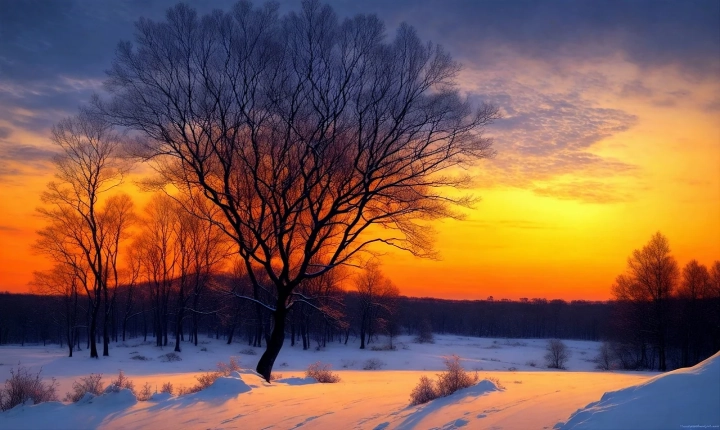Is AI Killing Creativity?
In today’s digital age, the increasing use of artificial intelligence (AI) has sparked a debate about its impact on creativity. While AI has undoubtedly revolutionized many aspects of our lives, from improving efficiency to providing personalized recommendations, some argue that it might be stifling human creativity.
AI has the capability to analyze vast amounts of data, recognize patterns, and generate outputs that mimic human creativity. For example, AI-driven music composition tools can create melodies and harmonies that sound remarkably human. Similarly, AI-generated art has gained attention for producing pieces that can be almost indistinguishable from those created by human artists.
This raises the question: does the use of AI in creative fields diminish the value of human creativity, or does it enhance it by providing new tools and ideas?
Supporters of AI argue that it can act as a catalyst for creativity by providing inspiration, generating novel ideas, and freeing artists from repetitive tasks. By automating routine processes, artists are freed to focus on more complex and innovative aspects of their work. AI tools can also analyze and interpret diverse sources of information, uncovering connections that may have been overlooked by human creators. This can result in a more comprehensive understanding of a subject and the generation of fresh, original concepts.
However, critics warn that the use of AI in creative endeavors may lead to a homogenization of artistic expression. When AI systems are trained on existing works, they may simply replicate what already exists, instead of generating truly original ideas. As a result, there is a risk that the abundance of AI-generated content could saturate the creative landscape, making it difficult for unique human voices to be heard and recognized.
Additionally, some argue that the use of AI in creative fields might devalue human skills and craftsmanship. The craftsmanship of a skilled musician, painter, or writer is not just about the end product, but also about the process, emotion, and personal expression that go into creating it. AI lacks the subjective experiences and emotions that often drive human creativity, which could lead to a loss of authenticity and emotional resonance in creative works.
Furthermore, there are ethical concerns regarding the impact of AI on creative industries. If AI-generated content becomes indistinguishable from human-generated content, issues of authorship, ownership, and intellectual property could become increasingly complex and contentious.
So, is AI killing creativity? It’s clear that AI has the potential to both enhance and challenge human creativity. Rather than focusing solely on the competition between human and AI creativity, we should consider how AI can be harnessed to support and augment human creative endeavors. By understanding the strengths and limitations of AI, creative professionals can use it as a tool to explore new ideas, expand their creative vision, and push the boundaries of artistic expression.
In the end, human creativity is a multifaceted and deeply personal process that draws from experiences, emotions, and aspirations, and AI cannot replicate these uniquely human elements. Instead of seeing AI as a threat to creativity, we should view it as a complement to human ingenuity, offering new possibilities and pushing the boundaries of what we can achieve. The true impact of AI on creativity ultimately depends on how it is harnessed and integrated into the creative process, and whether we can leverage it to inspire, rather than overshadow, human creativity.
